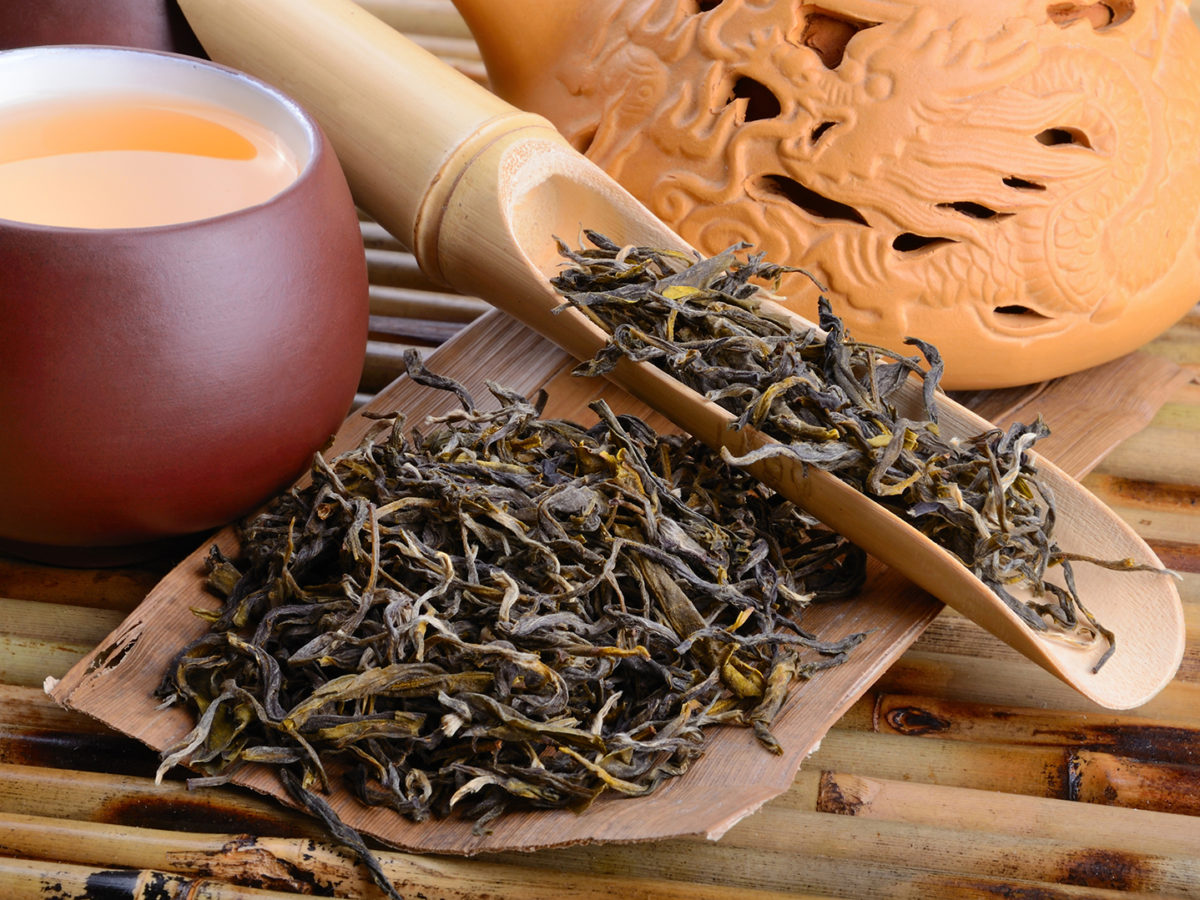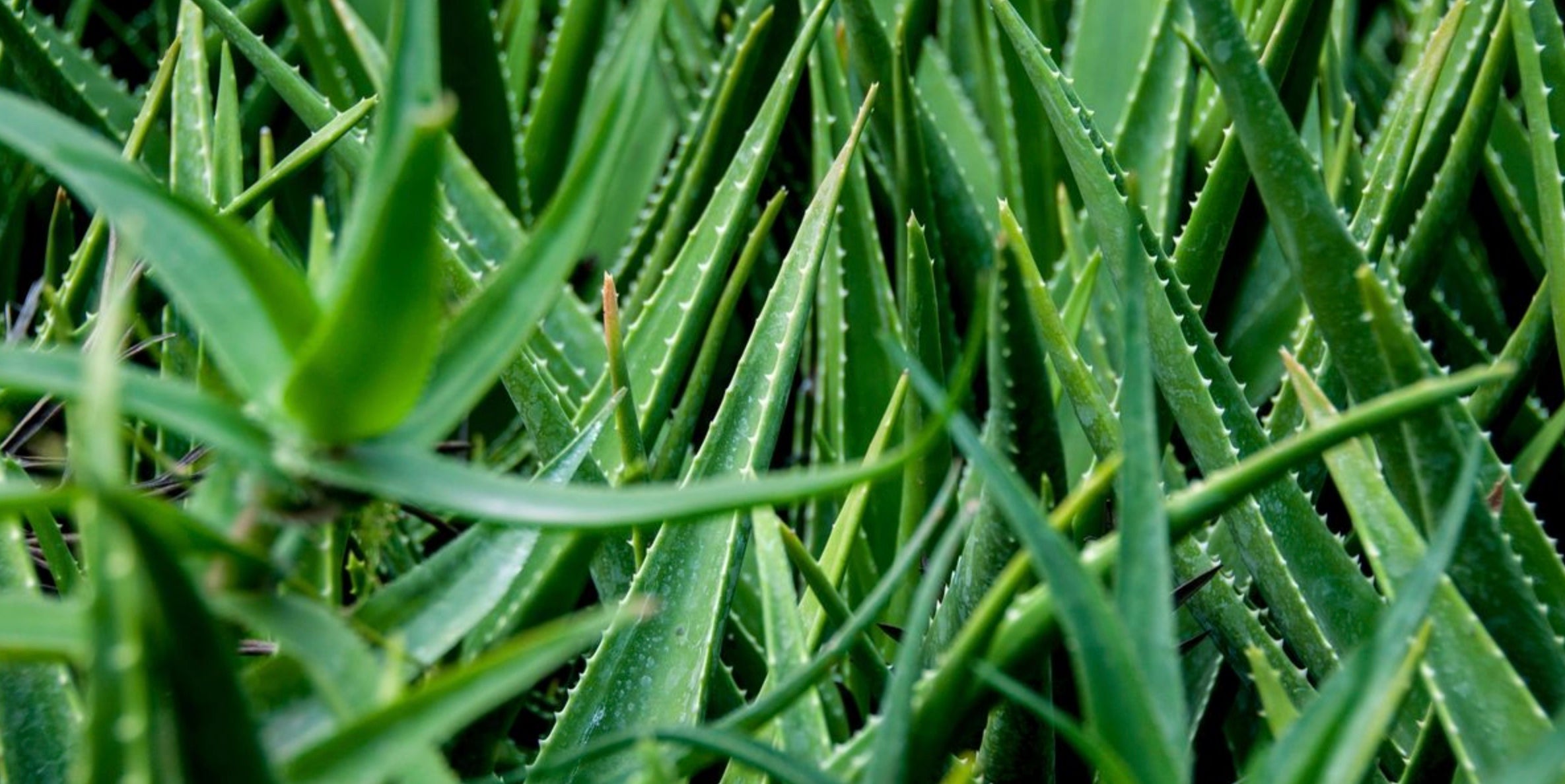The Origins of Oolong Tea

The origins of Oolong tea date back thousands of years ago to the Fujian province in China. However, there are several variations of the true beginning, from folklore to ancient writings.
The Wuyi Theory
The Wuyi Theory relies on a detailed record in a book known as ‘Tea Tale’ by Wang Cao Tang, a scholar of the Qing Dynasty. Sometime around the beginning of the Qing Dynasty (1644) a new type of partially oxidized tea arrived from the Wu Yi Mountains in China.
When first mentioned in writing these teas were referred to as Rock Tea (Yan Cha) – a reference to their birthplace, the rocky soil of Wu Yi Shan. These first teas soon came to be called Min Bei Wulong Cha, translated as “Northern Fujian Black Dragon Tea.”
The Anxi Theory
This story comes from the Fujian province during the Qing dynasty and involves a tea farmer and expert hunter named, Sulong. Sulong was strong and had a deep dark tan and thus the village people referred to him as “Wulong” (same pronunciation as Oolong), which means “Dark Dragon” in Chinese.
One day, Sulong was picking tea when he saw a deer. Deciding to hunt the deer instead of processing the picked tea, it was not until the next day that he got around to finishing the tea. However, by that time the edges of the leaves had partially oxidized and gave off a surprisingly good aroma. When he finished the processing as usual, he found that the resulting tea had a completely new strong sweet flavor, that didn’t have any of the typical bitterness. The new tea was named with Sulong’s nickname, “Wulong.”
The Beiyuan Theory
This theory believes that the formation and development of oolong tea goes back to the Beiyuan tea. Beiyuan tea is the earliest tribute tea in Fujian, and it is also the most famous tea after the Song Dynasty. There are more than ten books from the time that mention Beiyuan tea production and preparation. Beiyuan is the area around Fujian Fenghuang (Phoenix) Mountain, which produced tea as early as during the end of the Tang Dynasty.
According to the Fujian Province General Annals, the founding father of Beiyuan tea, the “Tea God” Zhang Ting Hui, led people to open tea plantations in Fenghuang Mountain, and then produced the famous Dragon-Phoenix Tea Cake tribute tea.




